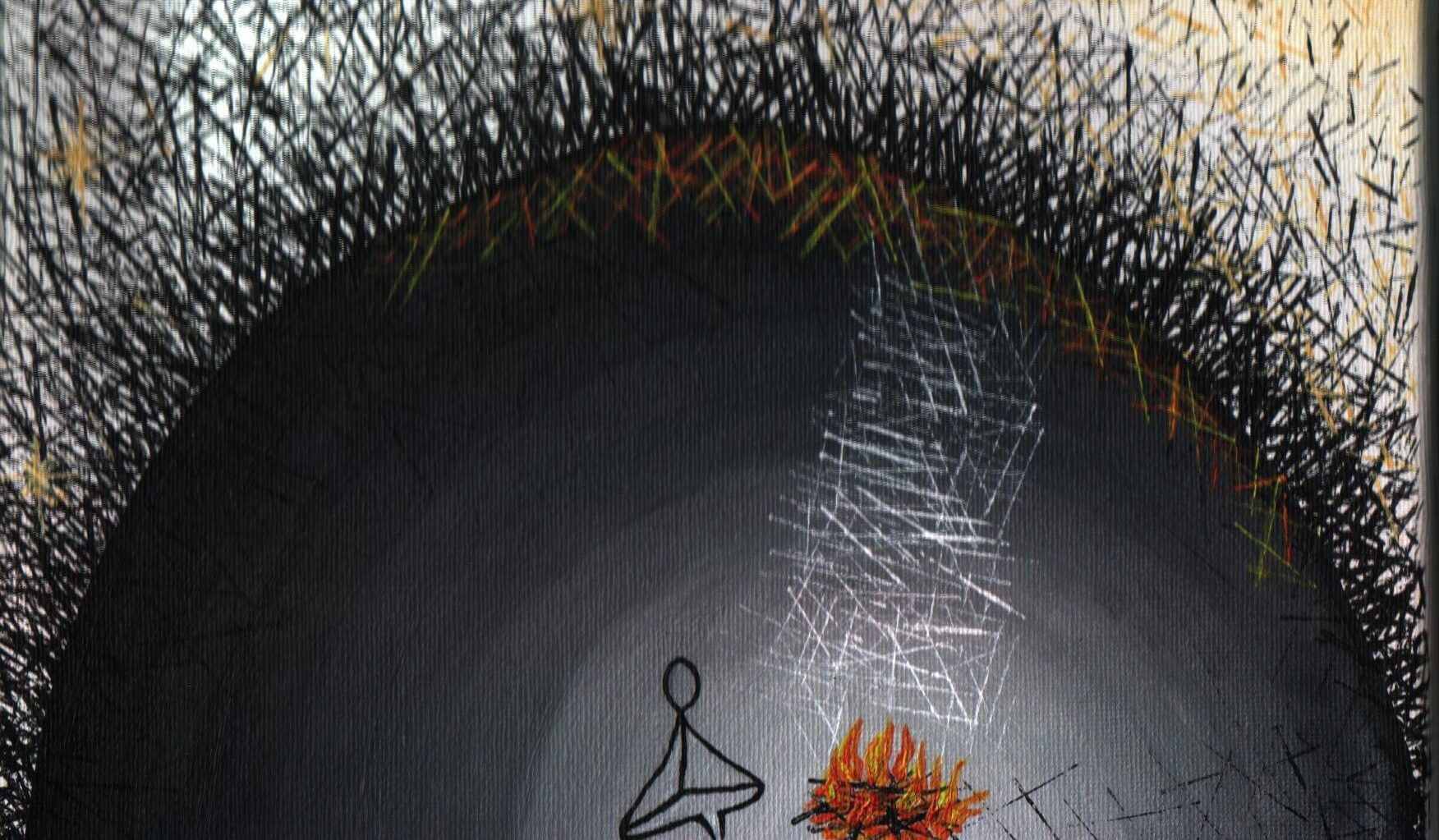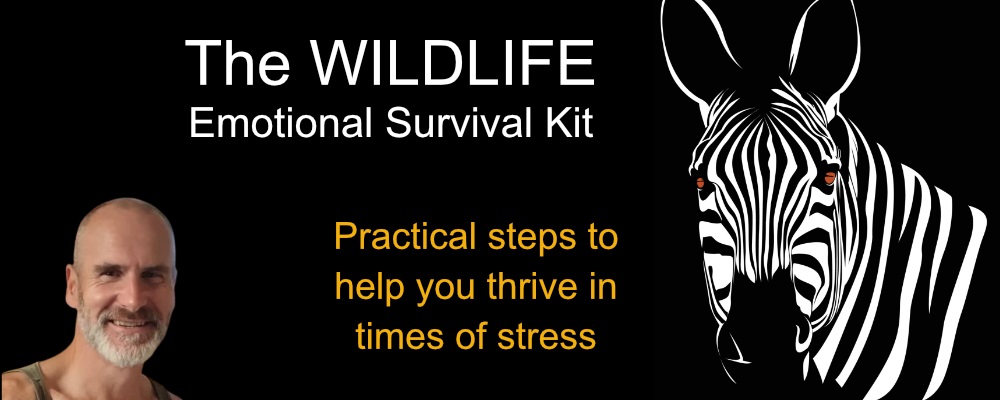A common manipulation tool with a community cost!
Consider a time when you have ignored someone or have felt painfully neglected. What if a lack of authentic expression proved to be traumatising to both self and other? This article aims to inspire the importance of true collaboration across the community sector.
No one likes ignorance, yet this behaviour is increasing across our population. Whether stonewalling a neighbour, cold-shouldering an ex-lover or forcing a condescending smile; ghosting is a way of manipulating others into surrender. On a more subtle level, unanswered emails and false promises are similar forms of ‘tactical control’. Ghosting means, ‘I’m too busy or worse still; I’m not interested in you! But this comes at a significant cost for all concerned. Fortunately, as mental health becomes more nuanced, hypersensitive people are finding their voice and challenging this type of behaviour – and rightly so.
Before you read on, it’s important to point out that ghosting is not always intentional, aggressive behaviour; it is sometimes used by people who feel powerless or have low self-esteem. Within this context, we have to remember it may be a defence mechanism being used to compensate for feelings a person cannot express. When we understand this, we begin to question our reasons for ghosting and search for ways to reconcile. For the empowered, who know the difference between right and wrong, they ghost upon others at their peril.

The Business of Compassionate Inquiry
Expecting to meet Mr or Mrs ‘Authentic’, in the ‘dog-eat-dog’ world of business, maybe ambitious. Perhaps this is why the profit-driven world of sales and marketing often leads to burnout. However, for those working in the community sector, where empathy ‘should’ drive outputs, ‘compassion fatigue’ becomes the problem. Bound by a duty of care, many working in community care put others before themselves but this comes at a cost. For the sector to thrive, we must differentiate the four P’s – passion and purpose over positional power. There is no place for a corporate community sector!
Human emotion is movement in action; as physiological beings, we need expression. We need to be seen and heard to validate our existence. When we do not speak our truth, we ghost upon parts of our ‘selves’ that later show up as addiction or get bottled up as unspent emotion. Through compassionate inquiry, we learn to identify how our actions impact us and subsequently others. The more authentic our interactions, the more we keep compassion fatigue at bay.
The Sense in Sensitivity
Aligning the body-mind with our wholeness takes time and self-compassion, but rarely do we allow for this…
It takes great sensitivity and awareness to meet the behaviour of others with self-care. Ghosting lacks authentic expression; it just doesn’t feel right for all concerned. Refining our sensitivity and developing resilience helps us to know the difference. When you feel signs of avoidance, this is an opportunity to test your resilience. You might ask yourself, ‘am I strong enough to reach out to the other and what have I got to lose’. No matter how painful, the work is to get to the root of our suffering through collaboration and reconciliation.
The challenge that community organisations face is that new enterprises drive up competition and funding is oversubscribed. The word on the street is unity but walking the talk requires great resilience. The work, therefore, is for funders to work harder to initiate authentic collaboration. For anyone using the term ‘mental health’, it’s inexcusable to display a dog-eat-dog business attitude. To become attuned to the hypersensitivity of those we work with by listening deeply and taking agency shows congruency.
But how did we get here?
The key to knowing why some people ghost is a fundamental cog in the ever-turning wheel of mental health services. By learning when, how and why we separate from others, we learn about our attachment style and how this impacts our relationships. Millennials came from a world where separation was the social norm. The ‘naughty step’, as it was referred to in the 70’s, was a place where being ignored was the optimum punishment for misbehaviour. We now know that when a mother leaves her baby to cry, in the hope it will eventually settle, a deep disconnect is felt in the body-mind of the infant. If repeated, the infant will begin to adopt coping mechanisms that impact how they attach and detach from others later in life.
Even before the COVID-19 pandemic, society was becoming increasingly isolated due to the advancement of technology and lack of true human connection. We now ghost more than ever in our personal lives, business and relationship with self. The rawest form of ghosting is self-denial when we know certain behaviours are damaging, but we do them anyway. When we ignore parts of ourselves, we are more likely to ghost others without confronting the why. So, early interactions with our caregivers determine our attachment style. We mirror the environment we were brought up in. Youngsters impacted by insecure attachments are affected more by a lack of congruence. And yet, the irony is they are more likely to take your feelings and emotions into consideration. This dilemma is often at the root of compassion fatigue and haunts the community sector.
Becoming more resilient does not mean armouring ourselves for emotional warfare to better ‘shake things off’. It’s more so a process of ‘de-armouring’ that’s required, through emotional transparency. For our work to be authentic we must see things through the lens of others. To embrace our vulnerabilities and orient from the heart is true community work.
Whilst we don’t always have the time to interact wholeheartedly, everyone in a leadership role has the privilege of knowing the impact of ignorance. What if those in positions of influence had the introspection to address their psychopathology and understood the language of trauma? Healthy connections are all about intention – I wish for trust and harmony to permeate my daily interactions.
To Conclude
There’s a world of difference between social isolation and personal solitude. Social isolation suggests a lack of connection. Solitude provides the space to exist without the expectations that come with work, family and friends. The travesty is that, after years of coping mechanisms to self-regulate, many seen as living in isolation reluctantly adopt solitude. The untended adult/child with onset compassion fatigue becomes another statistic monitored by a system that has yet to learn the difference.



Recent Comments